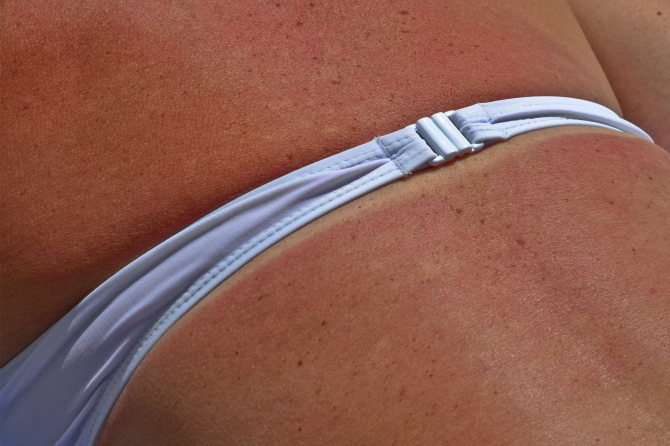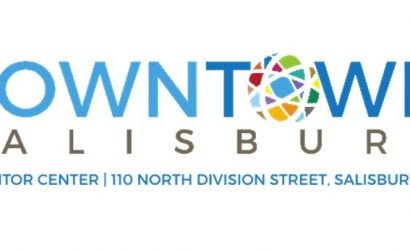Article contributed by Gwenn Garland, Community Relations & Marketing Specialist at Peninsula Regional Medical Center
Free skin cancer screenings will be held soon at the Richard A. Henson Cancer Institute at Peninsula Regional Medical Center to coincide with the national observance of Melanoma Monday and Melanoma/Skin Cancer Detection and Prevention Month. Appointments are required, and will be taken from April 15-19 from 8 am. to noon. To schedule an appointment, call 410-543-7139. The dates of the screenings will be Monday, May 6 and Monday, May 13, from 4 to 7 pm. each day.
The screenings are part of a national campaign to encourage early detection and teach prevention of skin cancer. More than 1 million new cases of skin cancer will be diagnosed in the United States this year.
“The key to successful treatment of most types of skin cancer is early detection and treatment,” said Thomas M. DeMarco, MD, Medical Director of the Richard A. Henson Cancer Institute.
Current estimates are that one in five Americans will develop skin cancer in their lifetime and those rates are higher on Maryland’s Eastern Shore.
 The American Academy of Dermatology’s national detection and prevention program is in its 27th year and launches on May 6, which has been designated as Melanoma Monday to raise awareness of melanoma and urge Americans to regularly examine their skin for signs of this serious form of skin cancer and to protect themselves against damage from the sun with sunscreen daily. Skin self-examinations consist of periodically looking over your body for any changes in color, shape or texture of a mole, the development of a new mole or any other unusual changes in the skin. Any of these signs should be reported to a dermatologist right away.
The American Academy of Dermatology’s national detection and prevention program is in its 27th year and launches on May 6, which has been designated as Melanoma Monday to raise awareness of melanoma and urge Americans to regularly examine their skin for signs of this serious form of skin cancer and to protect themselves against damage from the sun with sunscreen daily. Skin self-examinations consist of periodically looking over your body for any changes in color, shape or texture of a mole, the development of a new mole or any other unusual changes in the skin. Any of these signs should be reported to a dermatologist right away.
“We want everyone to consider Melanoma Monday this first of a lifelong habit of examining their skin,” said dermatologist Luette Semmes, MD.
“Melanoma Monday is like New Year’s Day for dermatologists. It’s a day we encourage everyone to start a new life-saving habit.”
A survey commissioned by the Academy showed that less than 1/3 of Americans currently examine their skin for signs of melanoma and more than half don’t know the signs of melanoma. Dermatologists want to change this because when treated in its earliest stages, melanoma can be cured. If not treated early, the disease can quickly spread to other parts of the body and be fatal.
A recent study published by the Mayo Clinic found that melanoma rates are eight times higher than they were 40 years ago in young women. One American dies from melanoma almost every hour and more than 75 percent of skin cancer deaths are from melanoma.
The free screenings will be held on the second floor of the Richard A. Henson Cancer Institute at PRMC. For more information or to schedule an appointment, call 410-543-7139 during the week of April 15-19 from 8 am to noon.








